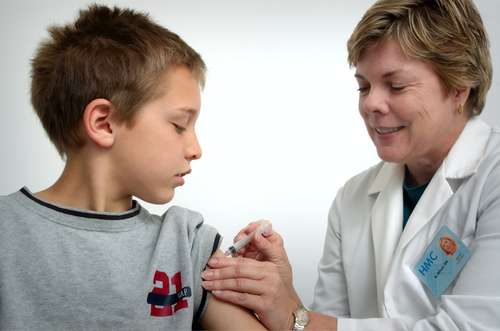In a significant development that has raised alarms among patients and healthcare providers, the FDA has issued a recall of over 233,000 bottles of duloxetine, an antidepressant commonly prescribed for depression and anxiety.
This recall is primarily due to the discovery of cancer-causing impurities known as nitrosamines in the medication, prompting urgent discussions about antidepressant safety and patient health.
Understanding the Duloxetine Recall
The recall, initiated by Rising Pharmaceuticals, was classified as a Class II FDA drug recall, indicating that the use of the affected product may cause temporary or medically reversible adverse health consequences. The specific impurity identified is N-nitroso-duloxetine, which exceeds acceptable safety thresholds established by the FDA.
While nitrosamines are commonly found in various foods and environmental sources, their presence in pharmaceutical products raises serious concerns about long-term exposure and cancer risk.
The FDA has clarified that while everyone is exposed to trace amounts of nitrosamines through diet and environment, prolonged exposure to higher levels can increase cancer risk. “A person taking a drug that contains nitrosamines at or below the acceptable daily intake limits every day for 70 years is not expected to have an increased risk of cancer,” stated the FDA. However, for patients currently on duloxetine, this recall prompts immediate action.
What Patients Should Do
If you are taking duloxetine, it is crucial to check whether your medication is part of this recall. The affected products include:
- Duloxetine DR Capsules, USP 60 mg
- Available in:
- 30-count bottles (NDC 57237-019-30)
- 90-count bottles (NDC 57237-019-90)
- 1,000-count bottles (NDC 57237-019-99)
Patients are advised to stop taking the recalled medication immediately and consult their healthcare providers for alternative treatment options. Pharmacies have been alerted about the recall and should no longer distribute these specific bottles of duloxetine.
The Broader Implications of Antidepressant Safety
This incident marks the second recall of duloxetine this year, with a previous recall affecting over 7,000 bottles manufactured by Towa Pharmaceutical Europe due to similar concerns regarding nitrosamine contamination.
These repeated recalls raise critical questions about the manufacturing processes and quality control measures in place for antidepressants.
As patients grapple with the implications of this recall, it underscores the importance of vigilance regarding medication safety. The presence of cancer-causing impurities in widely used medications can erode trust in pharmaceutical companies and regulatory bodies tasked with ensuring public health.
Navigating Mental Health Amidst Uncertainty
For many patients relying on duloxetine for managing conditions such as depression and anxiety, this recall adds an additional layer of stress during an already challenging time. Mental health is intricately linked to physical health, and concerns about medication safety can exacerbate feelings of anxiety or depression.
Patients should not hesitate to reach out to their healthcare providers for support during this transition. Open communication about treatment options is essential for maintaining mental well-being. Providers may recommend alternative medications or therapeutic strategies–such as deliberate acts of kindness–to help patients navigate their mental health needs safely.
The Bottom Line
The duloxetine recall serves as a stark reminder of the complexities surrounding medication safety and patient health. As the FDA continues to monitor and respond to potential risks associated with pharmaceuticals, it is vital for patients to stay informed and proactive regarding their treatment options.
If you or someone you know is affected by this recall, take immediate action: check your medication, consult your healthcare provider, and prioritize your health. In an era where safety concerns can emerge unexpectedly, staying informed is your best defense against potential risks.




